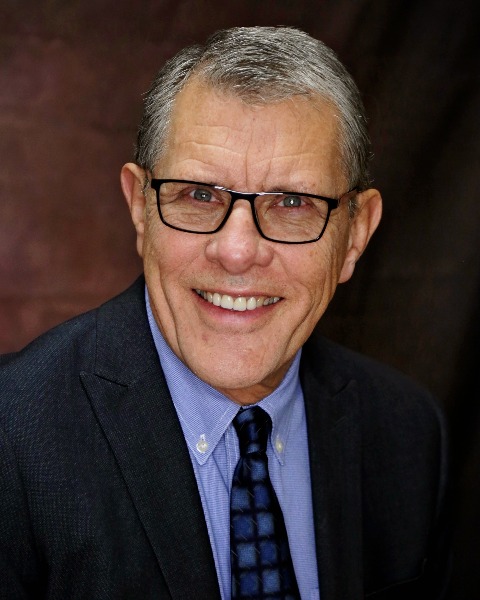All Symposia
128 - The Integration of Spirituality and Psychotherapy
Level of Instruction: Intermediate
Thursday, June 1, 2023
10:45 AM - 12:15 PM PST
Location: Flores 1&2

Jack H. Perkins, D.Min., LADC, CSAC, CCLC
Founder
Psuche Education, Counseling, & Life Coaching Services
Fort Gibson, Oklahoma
Session Description: Spirituality is an important aspect in the lives of clients we serve; however, many professionals lack adequate training to effectively and ethically integrate spirituality within holistic care. Research validates the positive role of spirituality, when integrated with other modalities of services provided. It is associated with "a variety of adjustment indicators including lower levels of depression and alcohol consumption, fewer somatic complaints, fewer interpersonal problems, lower mortality, and greater levels of life satisfaction, more use of social supports and overall coping ability." (Meichenbaum, 2008) Research demonstrates the need from an ethical, multicultural and holistic perspective, for healthcare providers to integrate spirituality into their clinical practice within the scope of evidence-based practices. Documentation of spirituality assessments and implementation of spirituality in treatment is required by the professional standards of JCAHO and CARF. The presenter will demonstrate the efficacy of integration spirituality and equip participants with resources for assessments and treatment planning. Attendees will gain an understanding of support from their respective accreditation agency related to the inclusion of spirituality from an ethical perspective. They will gain an understanding of the unique role of spirituality when studying wellbeing from a holistic perspective. The presenter will demonstrate the efficacy of integrating spirituality and equip participants with resources for assessments and treatment planning.
Learning Objectives:
After this activity participants should be able to
- Describe ethical issues and guidelines related to integrating spirituality with psychotherapy
- Develop a holistic model of transcendence that is multiculturally sensitive
- Apply a model in which spirituality and psychotherapy work together
